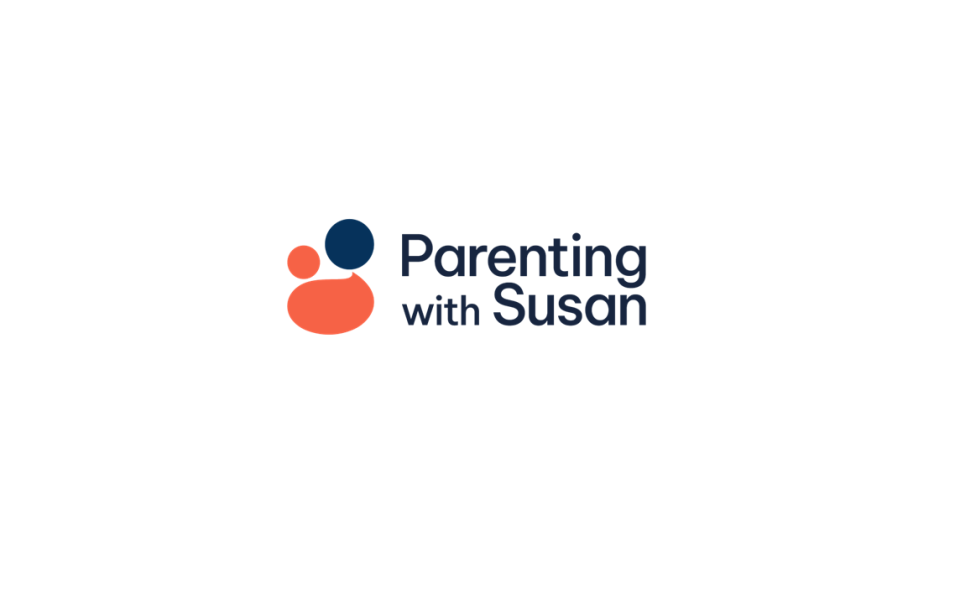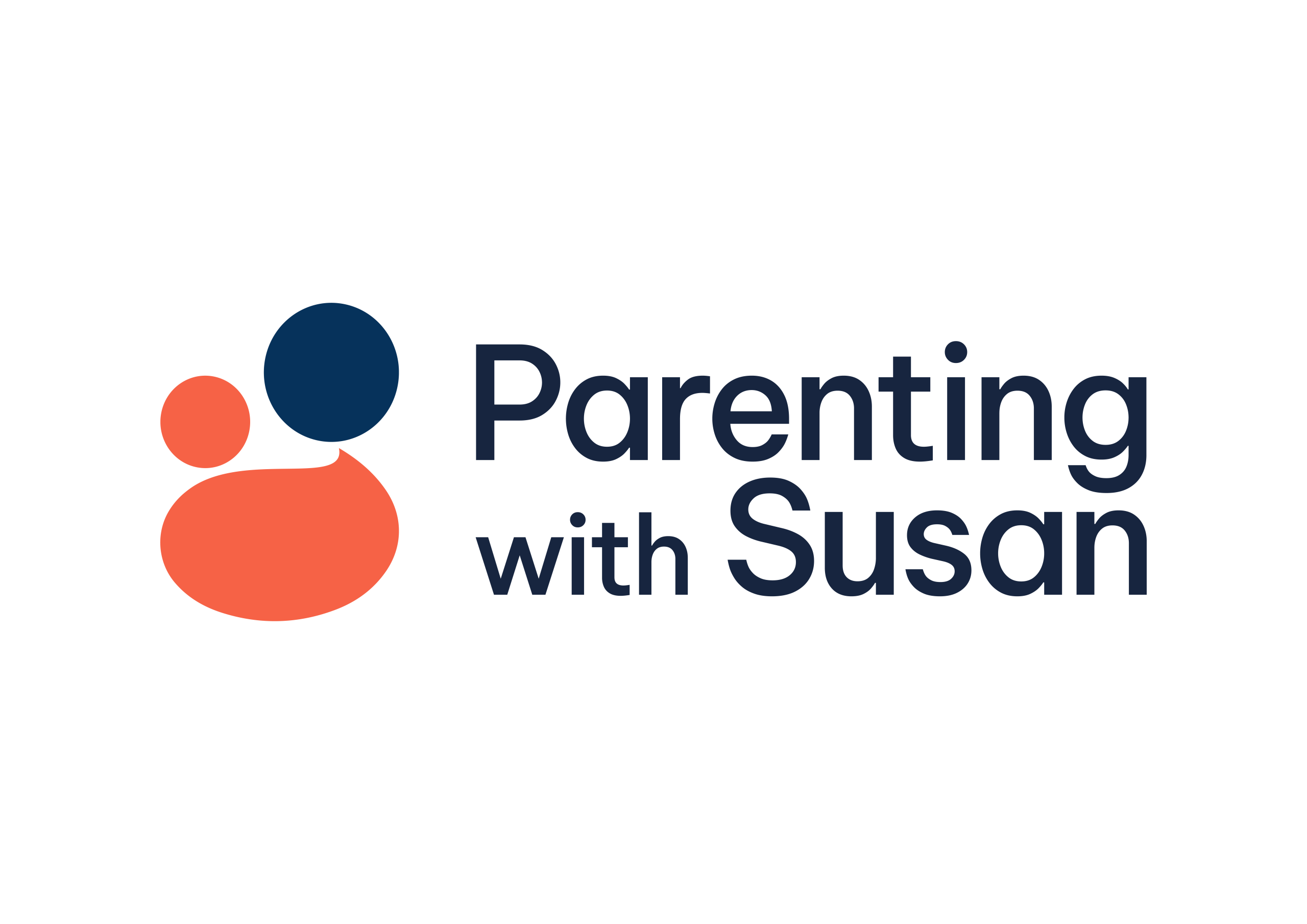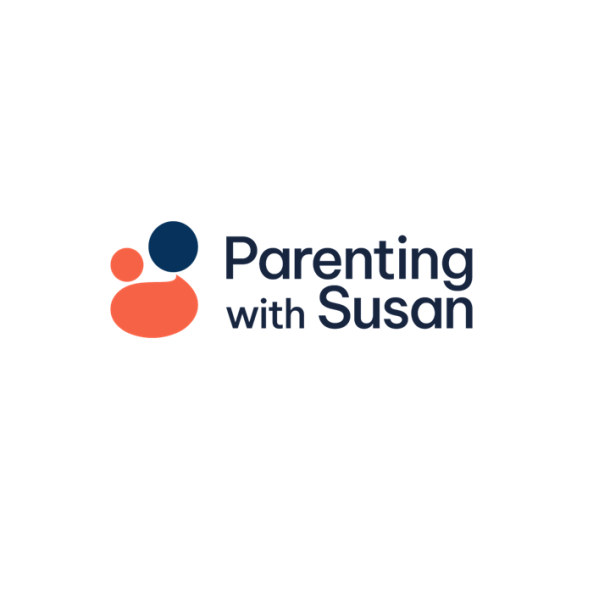

When parents ask me, “What’s the secret to connection?” they often expect a technique. A phrase. A magic sentence.
Instead, I tell them the quiet answer: presence.
Not grand gestures. Not dramatic talks. Not the one-off “we need to talk” speech that ends with doors slammed and silence. Presence is smaller, and more powerful. It’s the repeated, imperfect micro-moments that tell a child, you matter to me.
Presence isn’t dramatic. It’s consistent.
Imagine your child’s trust like a jar. Little acts; eye contact, a two-minute conversation, turning off the TV while they speak; are pebbles you drop in. They don’t look like much alone. Over time, those pebbles add up.
The opposite is true too. A parent who rations attention, who mostly answers from the next room, who replies “uh-huh” while scrolling; those are tiny withdrawals. And withdrawals accumulate faster than deposits.
That’s why showing up matters more than saying the right thing. A child who expects you to listen will try with you. A child who expects you won’t, will learn not to try.

Try this: the Two-Minute Presence Experiment
Here’s a simple, week-long experiment you can do starting today:
Pick one two-minute window every day for seven days.
Rules:
- No phone.
- No multitasking.
- Ask one curious question; then listen.
Questions that work:
- “What made you laugh today?”
- “If you could change one thing about your day, what would it be?”
- “What’s one thing you’re wondering about?”
Two minutes. That’s all. Do it every day. Watch what happens: small openings, then bigger ones. Children will test you at first. If you stay consistent, they begin to trust.
Micro-practices that build presence (no extra time required)
You don’t need an hour every night. Try these tiny shifts:
- The 30-second arrival: when you pick them up or they arrive home, stand still, look up, say, “Tell me one thing about your day.”
- The half-smile check-in: during dinner, go around and ask everyone one quick question (no interruptions).
- Ritual goodbyes: a short, consistent phrase before bed: “One thing I loved about today was…”
- The parked device: a physical bowl where phones go during family time. No exceptions.
- Curiosity, not correction: when they act out, ask “What happened before this?” not “Why did you do that?”
These small moves are low-effort but high-return because they change the pattern of interaction; not the content.
When presence meets preparation
Presence opens doors. Preparation gives you useful things to say when the door opens.
That’s why presence alone isn’t the whole answer. Love is the foundation; presence is the daily brick; skill is the blueprint. If a child tells you something difficult, it helps to have phrases, frameworks, and a roadmap; not to take over, but to guide.
If you want tools for stage-by-stage conversations on a bigger journey ahead (sexual education) [for ages 2–5, 6–8, 9–12, 13–18 + a parent version], my books and the courses I’ve recently created are designed to give parents those exact scripts and frameworks; so your two minutes turn into real influence on some things that need extra focus on.
Quick scripts to keep in your pocket
Use these when your two minutes turn into a real conversation:
- “Tell me more about that; I’m listening.”
- “That sounds hard. How did that make you feel?”
- “If you could change one thing, what would you want me to know?”
- “I don’t have all the answers, but I want to help figure this out with you.”
Simple language. Warm tone. No judgment.
Recommended Reads:
- Let’s Talk by Susan Tayo — Learn how to rebuild open conversations.
- It’s Gone All Wrong: Is It Too Late? Volumes I – III by Susan Tayo — Understand the roots of difficult behaviors and how to guide your child through them.
- My Parenting Manual by Susan Tayo — Your guide to all things parenting.
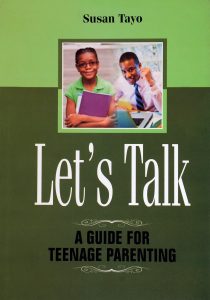

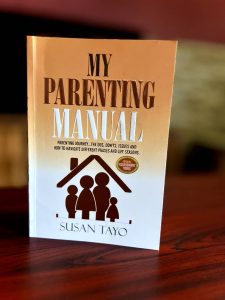
Final Word
We’re not trying to be perfect parents. We’re trying to be present parents; steadily, imperfectly, bravely.
If you’re ready to turn these two-minute deposits into lasting change, start this week. Pick your two minutes, do them faithfully, and keep a small notebook of what you learn. Presence shows up in tiny ways; and those tiny ways add up to a lifetime of trust.
When you’re ready for the next step; words, age-appropriate scripts, and lesson-by-lesson roadmaps; click to explore the courses that makes the right presence stick.
[Explore the courses; for ages: 2-5, 6-8, 9-12, 13-18 & The Parent’s Version]
All books are now available in paperback, hardback, and ebook.
Order via Amazon, Selar, or request Lagos doorstep delivery.

